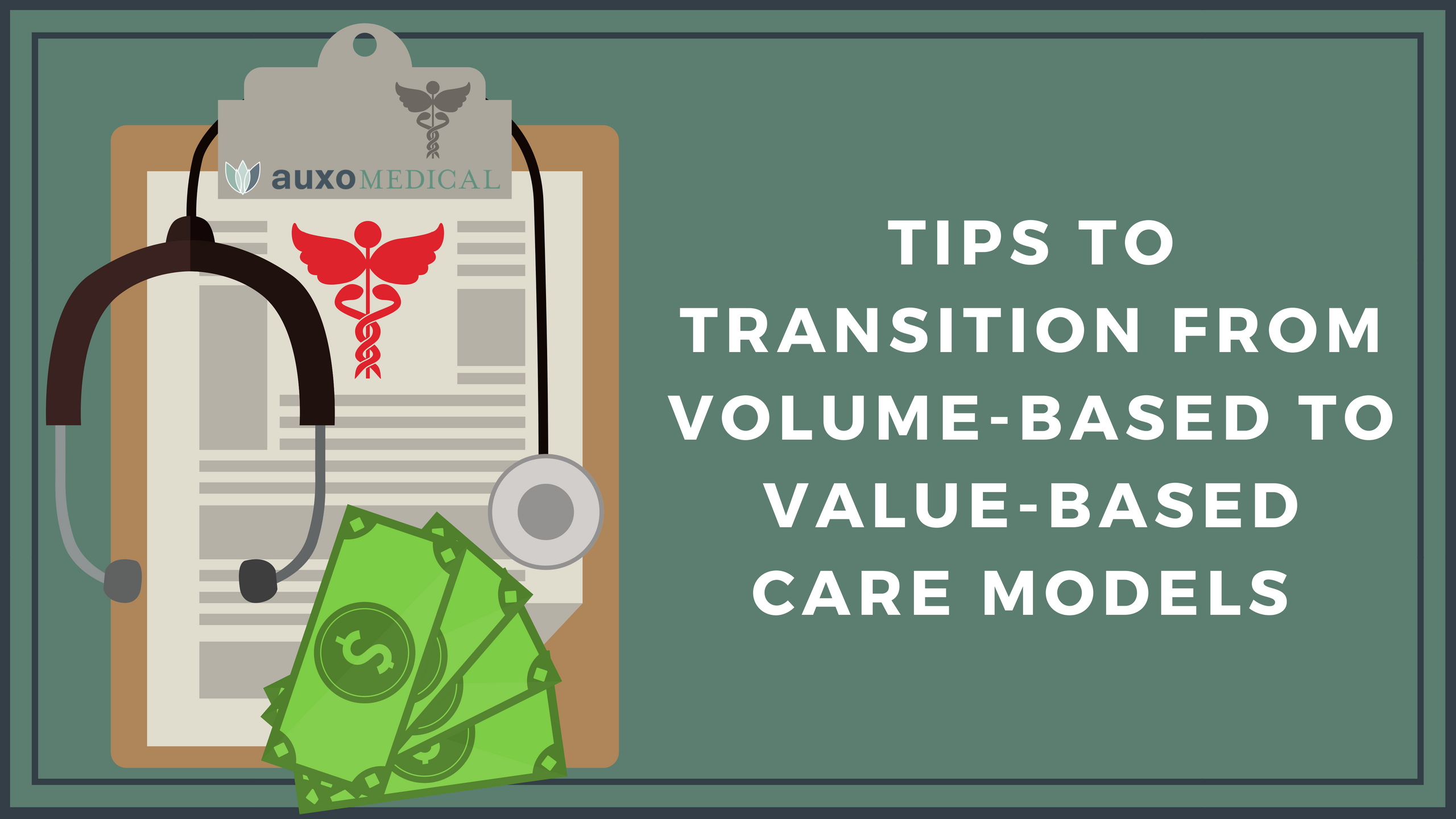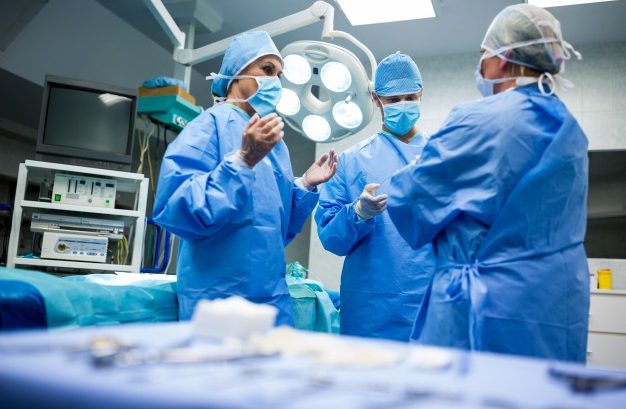How to Integrate Value-Based Care into Your Practice
Transitioning from the traditional volume-based to value-based payment and care delivery models in health care has been one of the most significant industry-wide efforts during recent years. However, the speed of adapting this new model has been slow. For instance, in a 2016 survey of executives at provider organizations, 94 percent indicated that they are on the path to value-based care, but only 27 percent have finished pilots or are in the process of implementation.
Physicians play a substantial role in delivering value-based care so it is certainly worth investing time and energy to understand how they can help move the organization in the right direction.









